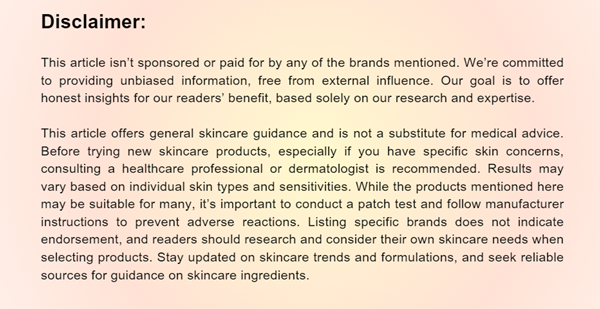 Micro-needling is a procedure used to direct several skin ailments such as hyperpigmentation, wrinkles, closed pores, and sun injury. It is naturally the method of promoting the body’s wound healing manner, which ends in the high and speedy cell turnover to expose new, more radiant, and thicker skin.
Micro-needling is a procedure used to direct several skin ailments such as hyperpigmentation, wrinkles, closed pores, and sun injury. It is naturally the method of promoting the body’s wound healing manner, which ends in the high and speedy cell turnover to expose new, more radiant, and thicker skin.
Advantages of Micro-needling Procedure
One of the main advantages of the micro-needling procedure is the capacity to spur the generation of collagen, which is accountable for sustaining the elasticity, hydration, and confidence of juvenile skin. Because it triggers the production of new cells, it exercises your body’s innate healing systems, so the events are trustworthy and long-lasting and do not require regular sustenance interviews.
Micro-needling also magnifies your skin’s capacity to understand products, indicating that your skin-care outcomes will become more efficient. It can be implemented on all skin colors and varieties; still, if you have progressive disease, such as swollen acne, you will not be an applicant for a micro-needling procedure.
A safe and secure method
Micro-needling is secure for all skin varieties and tones. Some other skin revitalization treatments don’t work well for all skin conditions. If the skin is dark, some laser methods may produce hyperpigmentation, and pieces of skin can mature darker than the natural shade.
Micro-needling also serves well to help diminish the emergence of acne scars and stretch marks. It raises collagen under the acne scar cavities, evening out the skin crashes. Some other skin procedures, such as laser skin resurfacing, may not repair your skin if you’re inclined to become a scar from a small wound.
Preparation for The Micro-needling Procedure
Preparation is essential before treatment to ensure the desired results, therefore, when getting a treatment, you should avoid tanning and sun exposure as it can irritate your skin and make inflammation worse. Patients can anticipate spending 30 to 60 minutes with their dermatologist or an aesthetician when doing a micro-needling treatment. It is a minimally invasive way, whereby small needles are utilized to pierce the targeted cities, formulating microscopic facial blemishes. The micro-injuries, also accredited to as “empty areas,” are a loss of muscle and trigger the surface to produce collagen and elastin to fill the void.
The length of the pin defines the scope of the surgery. Needle sizes vary from 0.1mm (penetrate the first layer of skin) to 3mm (for scarring and stretch marks). “More extensive micro-needling” is when a longer needle is utilized for therapy and is regularly inflicted with a numbing lotion to minimize patient distress.
Precaution Post Micro-needling
After the therapy, you can anticipate your skin to be red, stripping, and trimming at the processing areas as a direct rule of the elevated cell turnover. Luckily, there is inadequate downtime for the treatment, however, patients must take several precautions after surgery, such as:
- Evading in using tanning products
- Shunning harsh/abrasive products (ie. alcohol-based toners, exfoliants)
- Evading make-up 24-48 hours after treatment
- Make sure the skin is well-hydrated
The consequences of brighter, firmer skin are urgent – still, the best results won’t be noticeable until four to six weeks after the procedure.
How Often Should You Go for Micro-Needling Procedure?
It’s habitually a case-by-case foundation; yet, most experts recommend getting three to six modes separated each four to six weeks. After the initial procedures, the candidates can move on to support treatments that should be scheduled between 6-12 months later. It is a long-term resolution in association with traditional facials, as it promotes hydrate the skin, while concurrently strengthening the promotion of new collagen to exhibit fresh, juvenile skin.
In summary, the micro-needling procedure is a useful treatment for a range of skin issues since it stimulates the creation of collagen and revitalizes the skin. It addresses problems like wrinkles and hyperpigmentation and has advantages like better skincare absorption and compatibility for all skin types. Although there may be some early redness and pain, maintenance treatments every four to six weeks provide continued skin renewal, and long-term improvements become visible over several weeks.



